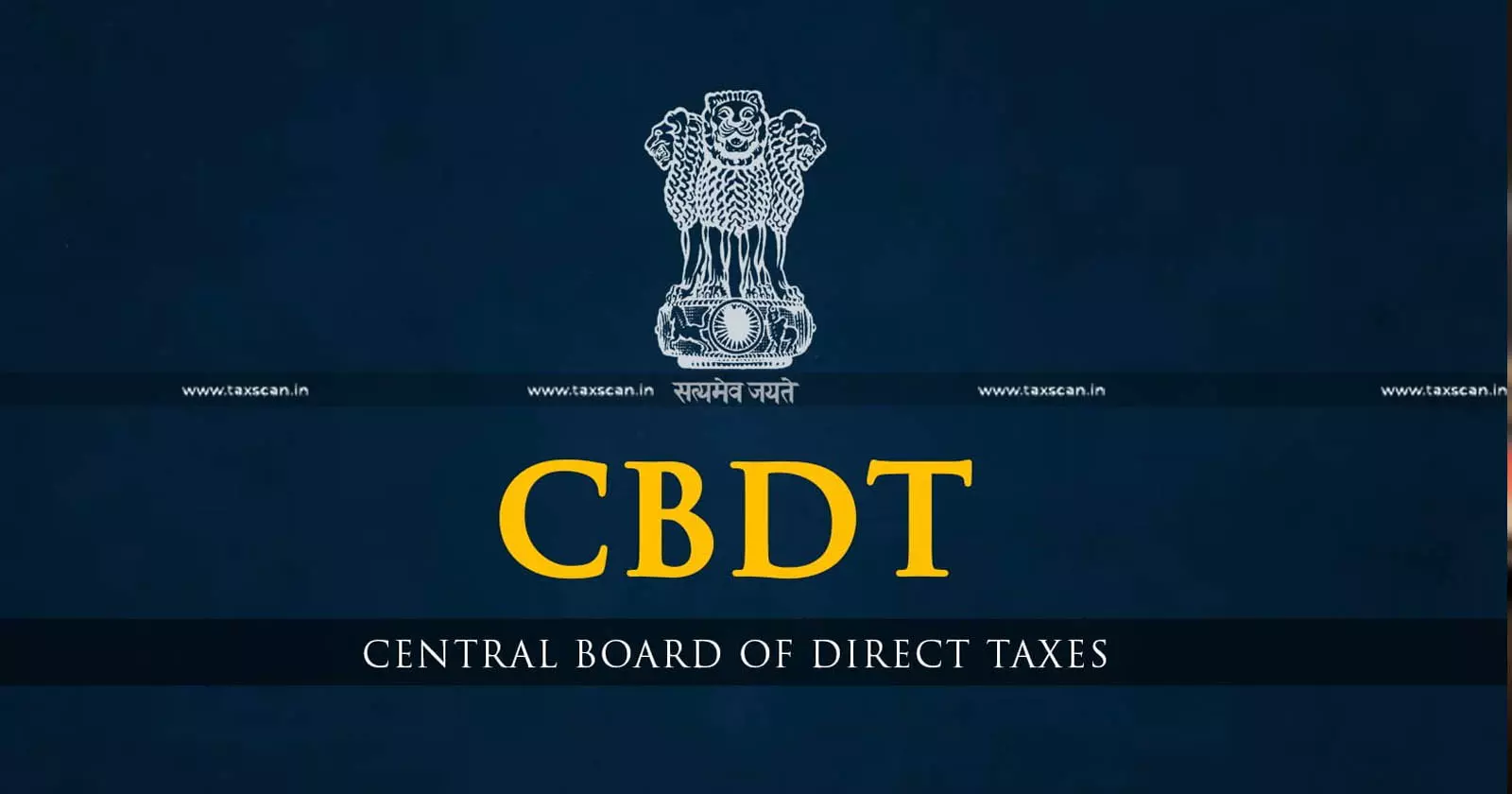"The system is stable and fully functional...", says CBDT whilst Extending Tax Audit Report Due Date: Here's why it is Otherwise
The extension, CBDT said, was primarily to accommodate disruptions caused by floods, natural calamities, and requests from professional bodies not because of technical problems.

On 25th September 2025, the Central Board of Direct Taxes (CBDT) announced an extension for filing Tax Audit Reports (TARs) for Assessment Year 2025-26. The deadline has been pushed from 30th September to 31st October 2025. While this move brought some relief, the accompanying statement from CBDT that the Income Tax e-filing portal is “stable and fully functional” has left many taxpayers and professionals shaking their heads.
What CBDT Claimed
According to the press release:
- The portal has been running smoothly without glitches.
- Over 4.02 crore Tax Audit Reports were uploaded by 24th September 2025.
- More than 60,000 TARs were filed in a single day.
- By 23rd September, over 7.57 crore Income Tax Returns (ITRs) had already been filed.
What Users Actually Faced
Anyone who has tried to file in the last few weeks knows that the “fully functional” claim doesn’t match the reality.
Taxpayers and professionals have shared a long list of glitches:
- Form 10E Errors: Employees filing Form 10E under Section 89 often ran into the dreaded “Submission failed: No Response received from server” error.
- Never-ending Loading Screens: Users frequently found themselves staring at “Loading” messages with no progress.
- Session Expiry: The system logged people out mid-process, even if they were still actively working.
- Technical Failures in Returns: Errors like GenericJDBCException: Unable to acquire JDBC Connection popped up while uploading ITR-4, pointing to backend server issues.
- OTP Problems: Aadhaar-linked OTP verifications routinely failed due to no response from UIDAI.
- HTTP Failures: Errors such as “Http failure response: 0 Unknown Error” left users unable to submit returns at all.
For tax professionals managing hundreds of clients, these errors mean hours of wasted time and mounting frustration.
The Future of Tax and Finance: Upskill with Us Click Here
Yes, large numbers of returns and reports have been filed, but that doesn’t mean the system is smooth for everyone. Many taxpayers succeed only after multiple retries, late-night attempts, or shifting between browsers and devices. While aggregate statistics look good on paper, they hide the daily struggles and wasted effort on the ground.
The reality is simple: if even 5–10% of users face repeated errors, the disruption is enormous. For professionals working on deadlines, that failure rate translates to a major crisis.
Why the Extension Was Really Needed
CBDT says the extension was mainly due to external disruptions. But given the widespread technical complaints, it’s clear that portal instability itself played a role. Extensions have become an annual ritual precisely because the system tends to buckle under pressure when deadlines approach.
This pattern erodes trust. Each year, taxpayers brace themselves for technical chaos, last-minute extensions, and the stress of uncertain deadlines. This undermines the idea of “ease of compliance.”
Here’s What Needs to Change
- Honest Communication: Instead of blanket statements about stability, CBDT should share real data on downtime, error rates, and system performance.
- Independent Tech Audits: The portal infrastructure should be reviewed by independent experts and reports made public.
- Better Testing: The system must be tested under real-world peak loads with feedback from professionals.
- Fix UIDAI Integration: Aadhaar OTP failures show that inter-agency systems need better coordination.
- Scale Infrastructure: Server-side capacity must match peak demand. Errors like JDBC failures are signs of resource strain.
The extension of the Tax Audit Report due date has given taxpayers some breathing space, but the larger issue remains unresolved.
The official line that the portal is “stable and fully functional” is hard to reconcile with what users are actually experiencing. Until the Income Tax Department acknowledges the systemic flaws and works transparently to fix them, taxpayers will continue to face the same cycle of glitches, stress, and extensions every year.
What taxpayers really need is not just more time, but a system that works when it matters most.
Support our journalism by subscribing to Taxscan premium. Follow us on Telegram for quick updates


